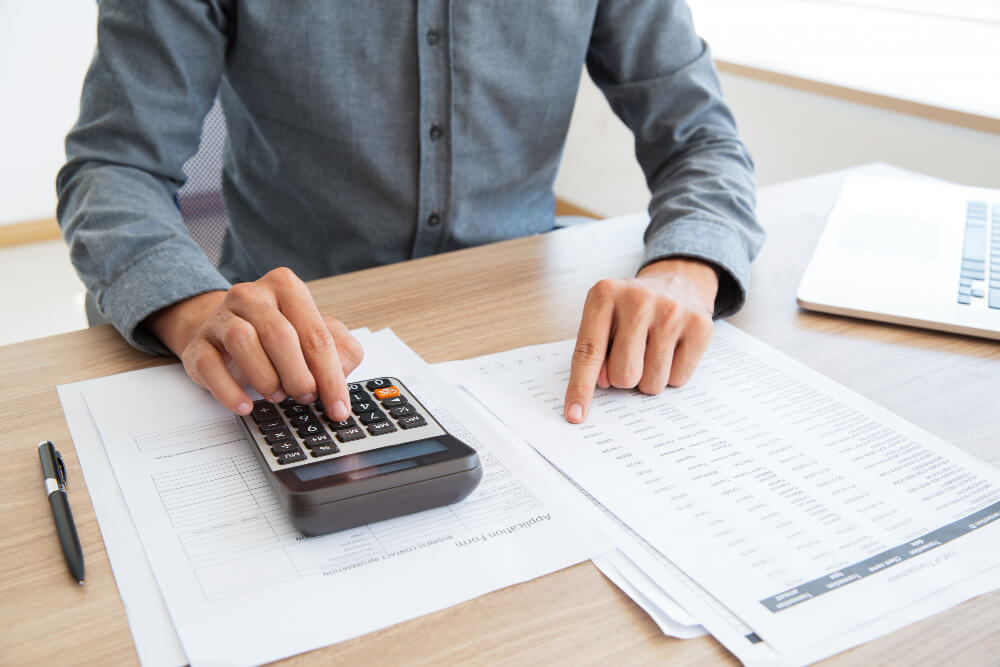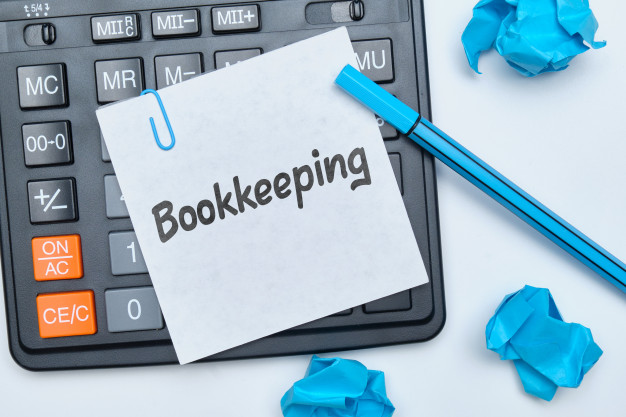Whether you are running a small business or having an established one, there are two things you will do guaranteed – you will earn money, and you will spend it.
Bookkeepers are one of those superheroes in your business’s success story who will help you keep track of all these.
If all your mental and physical strength is engaged in your daily business tasks to get your business off the ground, then you might not have an idea what a bookkeeper do!
In this guide, we shed light on the day to day tasks of a bookkeeper and why a good bookkeeper is worth having.
This blog post is divided into the following sections
- Bookkeepers, defined
- Bookkeepers vs Accountants
- What does a bookkeeper actually do?
- Why do you need a bookkeeper?
- Choosing a good bookkeeper
Bookkeepers, defined
In simple words, a bookkeeper is someone who records and manages all the financial going-on of an organization and provides you with a timely snapshot of it.
A bookkeeper keeps track of business transactions such as expenses, purchases, invoices, payments, sales revenue, and makes sure that all the records and accounts are complete and error-free.
This information provided by a bookkeeper represents the bedrock of an organization’s overall financial health.
Though, the tasks of bookkeepers and accountants are really confusing as both deals with financial records and information.
There is an overlap between the role of an accountant and bookkeeper; let’s discuss it next.
Bookkeepers vs Accountants
If you’re juggling business tasks and struggling with financial statements, it may be time to work with a CPA or bookkeeper.
While both of them do similar tasks and can add value to your business, there are some differences you’ll want to know.
Bookkeeper focus on tracking and maintaining complete and accurate financial records, while accountants use this information to produce financial statements, tax returns and models.
In short, bookkeepers manage information, and accountants interpret that information.
However, unlike bookkeepers, accountants can provide financial advice.
Accountants can help you in both the short-term and long term financial success of your business by analyzing and assessing profits and losses.
To become a bookkeeper, you do not need to be equipped with a particular degree or special training.
However, accountants go through standardized exams and training in order to become Certified Public Accountant (CPA).
What does a bookkeeper actually do?
Well, there’s not a straight answer to this question as bookkeeping can seem different from business to business.
Yet, here are the most common tasks that bookkeepers do,
- Record and categorize all the transactions
- Reconcile bank accounts
- Prepare sales tax reports
- Record bills and invoices
Let’s have a closure look at the tasks mentioned above.
Record and categorize all the transactions
A bookkeeper records all your transactions from payroll, expenses, payment processors, and so on.
A bookkeeper also makes sure every transaction is accounted for and categorized correctly.
Reconcile Your Bank Accounts
This is the most critical task bookkeepers do.
Account reconciliation ensures that transaction data in your cloud accounting software match transaction data on your bank account, credit card, and other financial account statements.
This will safeguard you from overdraft fees, incorrectly recorded transactions or fraudulent charges and more.
Nowadays, reconciliation is easy because of accounting software like Xero, QuickBooks etc., but still, a human touch can ensure all the transactions are well recorded.
Prepare sales tax reports
If you are registered for sales tax, you must collect and report sales tax on taxable supplies. A bookkeeper and report it
A bookkeeper can run the sales tax report for completing sales tax forms for a tax period.
Handle Bills and Invoices
Bookkeepers will also manage bills and invoices. This often contains managing accounts payable and accounts receivable.
A bookkeeper will handle all of the vendor bills that the business receives.
Bookkeepers will keep a note of payment deadlines, early payment discounts if applicable and submit payments to the vendor.
As a business grows, bookkeepers can add on additional approvers to give the thumbs up for payments.
Why do you need a bookkeeper?
If you have a top-notch bookkeeper, you will reap some of the benefits mentioned below:
- Better budgeting decisions as you will know exactly where your money is going
- Detailed documentation and audit-proof business
- You can completely focus on your business
- Will be able to understand the seasonal flow of your business
- Help you understand revenue, costs, profitability, etc. in your business
- Peace of mind as your books are accurate and ready for tax inspection
Choosing a good bookkeeper
You will find a few options when deciding to hire a bookkeeper, so choose between the following options.
- You can hire an in-house bookkeeper for full time.
- You can use bookkeeping software.
- Hire a bookkeeping firm.
A good bookkeeper arms you with accurate financial information to make business decisions and help you focus on building your business.
When weighing your options, find a bookkeeper who is:
- Experienced and reliable.
- Passionate about helping your business at every possible level.
- Able to translate the books, so they make sense to you.
In summary
In short, the role of a bookkeeper is the perfect blend of patience, curiosity, and the knack of getting to the roots of unresolved issues. Also, the trust factor is important as the entire finance of a business is dependent on this person. You not only rely on them with your business-sensitive information but also depend on them for their accuracy. A good bookkeeper never cuts corners and is an inseparable part of a business that aims to grow.





